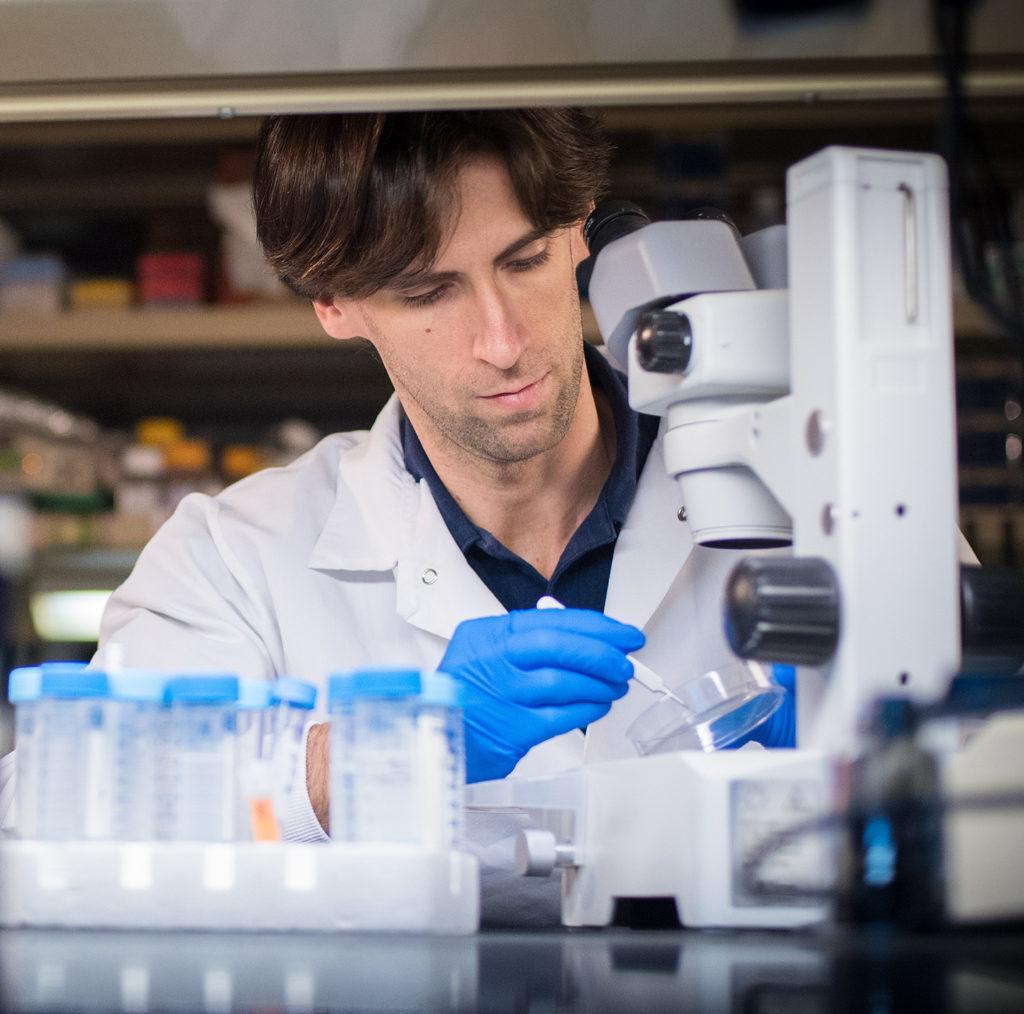American Society of Hematology selects BCI’s Miguel Ganuza to receive the Global Research Award

Congratulations to Dr Miguel Ganuza from Barts Cancer Institute (BCI), Queen Mary University of London, who has been selected by the American Society of Hematology (ASH) to receive the 2021 ASH Global Research Award. Dr Ganuza is one of twelve talented early-career investigators selected for this award.
Through the ASH Global Research Award, ASH helps ease the difficult transition between completion of training and the establishment of independent careers for researchers outside the United States and Canada by providing partial salary or other support, allowing recipients to pursue research projects that will help them get to the next step in their careers.
The twelve researchers selected for this year represent ten countries: Australia, Brazil, China, India, Italy, Nigeria, Portugal, Singapore, Switzerland, and the United Kingdom.
Dr Ganuza will receive research support for his project that will investigate how damaged blood stem cells (BSCs) escape the immune system to drive a process known as clonal haematopoiesis (CH).
BSCs produce all of the different types of blood cells in the body. Over time, BSCs can become damaged by acquiring changes (mutations) to their genetic code. CH is a process whereby the mutated BSCs begin to make more blood cells with the same genetic mutation. Usually our immune system would eliminate the mutated BSCs; however, in some cases these cells can escape the immune system and accumulate in the body - often without producing any symptoms - and can transform into blood cancer-causing stem cells.
CH is common in the elderly but can also be present in young individuals, and those who carry CH have an 11-times higher risk of developing blood cancer than those who do not carry CH. The exact mechanisms driving CH are not fully understood; therefore, Dr Ganuza’s project will investigate how mutated BSCs escape from immune surveillance to generate CH. More specifically, the project will look at the role of CSMD1 (a type of protein known as a complement inhibitor) as a driver of BSC immune evasion in CH.
Speaking of receiving the award, Dr Ganuza from BCI’s Centre for Haemato-Oncology said:
“I feel very honoured and thankful for the opportunity that ASH and this Award provide to us to study the first steps of leukaemia emergence, particularly how specific mutations and selective pressure allow BSCs to elude the immune system allowing mutated BSCs to generate CH. We hope that this research will help to better understand leukaemia development.”
“The recipients of the ASH Global Research Award will conduct valuable research that will help increase haematology capacity in their home countries,” said 2021 ASH President Martin S. Tallman, MD, of Memorial Sloan Kettering Cancer Center. “Through the ASH Global Research Award, we are able to support the career growth of these future leaders and nurture collaboration across borders, fostering a diverse, global haematology research workforce.”
Category: General News, Grants & Awards

No comments yet